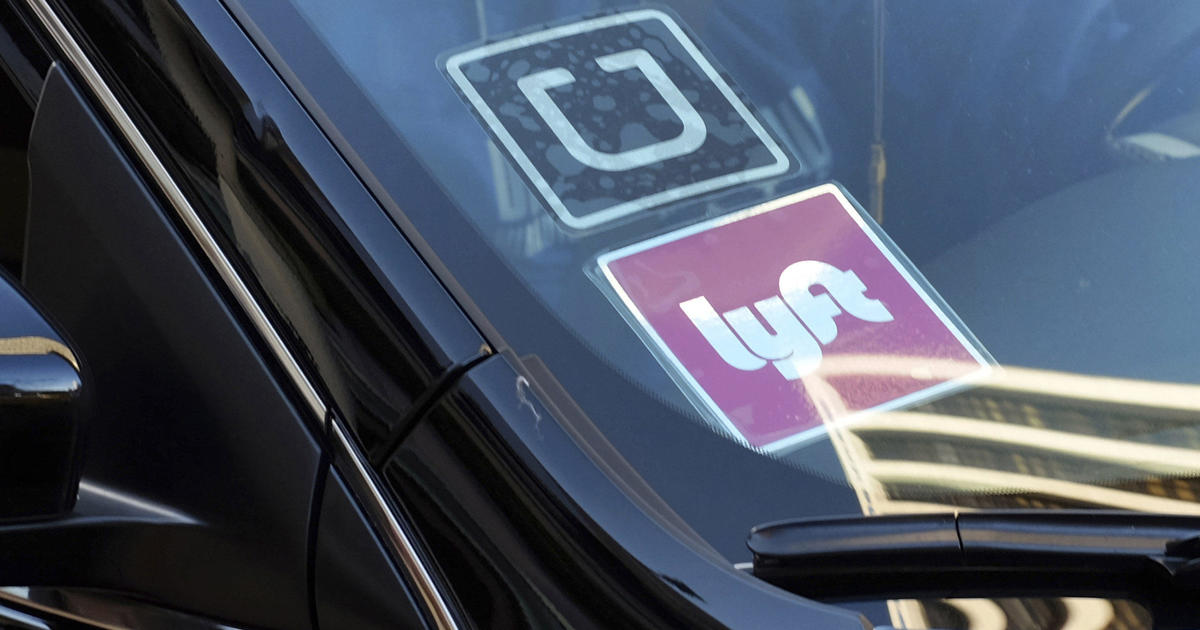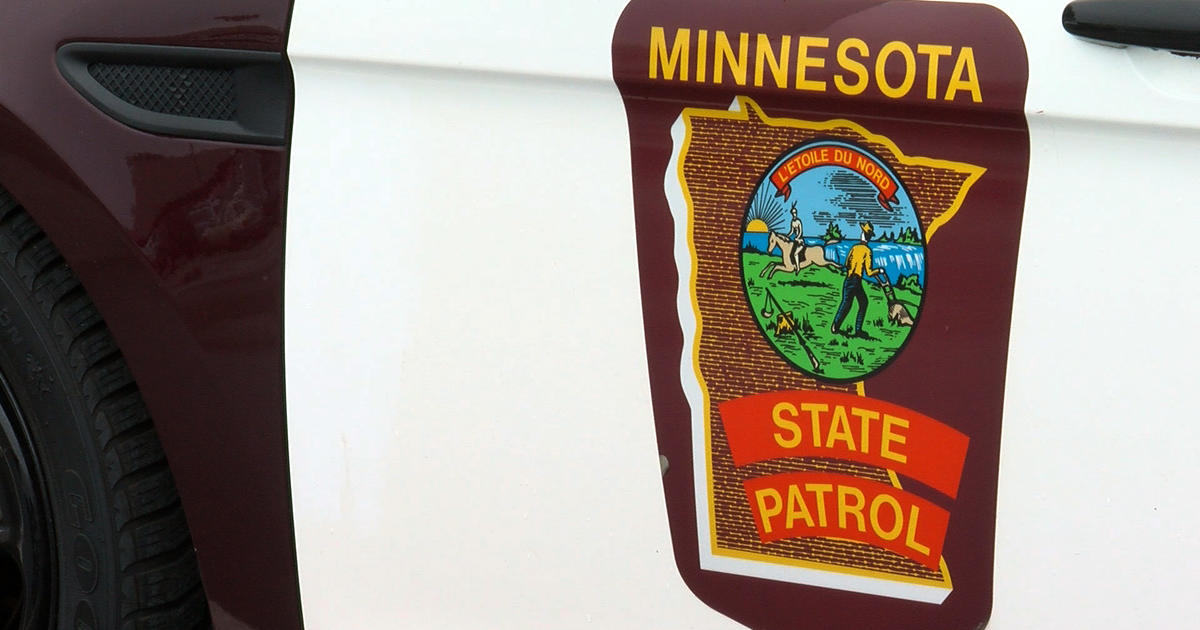Coronavirus In Minnesota: How Soaps, Disinfectants Kill COVID-19
MINNEAPOLIS (WCCO) -- For all the difficulty this novel coronavirus has given us, coronaviruses themselves are relatively easy to kill.
"Soap is a wonderful way to kill the virus," says Dr. Erin Sheets, professor of chemistry and biochemistry at the University of Minnesota Duluth. "Any type of soap will work."
And, here is why. The coronavirus is surrounded by a coating of lipids and proteins that can hook in to the cells of a person's airway. Soap not only dissolves those liquids, but it also unfolds the proteins.
"So, the envelope protecting the virus goes away," says Dr. Sheets.
The alcohol in hand sanitizer works in a similar way to soap, which is the preferred method to kill the virus. That's partly because people wash their hands more thoroughly with soap than with hand sanitizer and partly because the soap washes the virus particles away.
"It all goes down the drain, which makes it a little better than hand sanitizer which would leave dead virus particles on your hands," she says.
Many of the spray or wipe disinfectants people use on surfaces work differently. Those are more likely to contain bleach, which destroys all organic matter.
Dr. Sheets says bleach is her go-to disinfectant for surfaces if she can't find cleaning solutions at the store. It's important to dilute bleach (only with water) and use it in a well-ventilated room. She also recommends testing it on the surface so it doesn't stain or destroy it. Bleach works best on the virus on surfaces that are free of dirt, crumbs or other organic matter.
The Centers for Disease Control (CDC) has more detailed information on how to disinfect using diluted household bleach solutions. The CDC also says people can use alcohol solutions with at least 70% alcohol to disinfect.
The CDC recommends routine cleaning of frequently touched surfaces like doorknobs, counters and faucets. But, if someone in the household is sick, then high-touch surfaces should be disinfected. EPA-registered disinfectants all have detailed instructions on how to use them to properly disinfect surfaces.
Dr. Sheets would not advise people to make their own disinfectants, but might consider making simple homemade hand sanitizers if no commercial ones were available.
WCCO's Kitchen Pantry Scientist makes her homemade hand sanitizer with ¾ cup of 91% rubbing alcohol and ¼ cup aloe vera gel. The CDC says alcohol-based hand sanitizers must contain at least 60% alcohol.
"Soap and water should be your go-to, 20 seconds and make sure you get in all those crevices," Dr. Sheets says.



